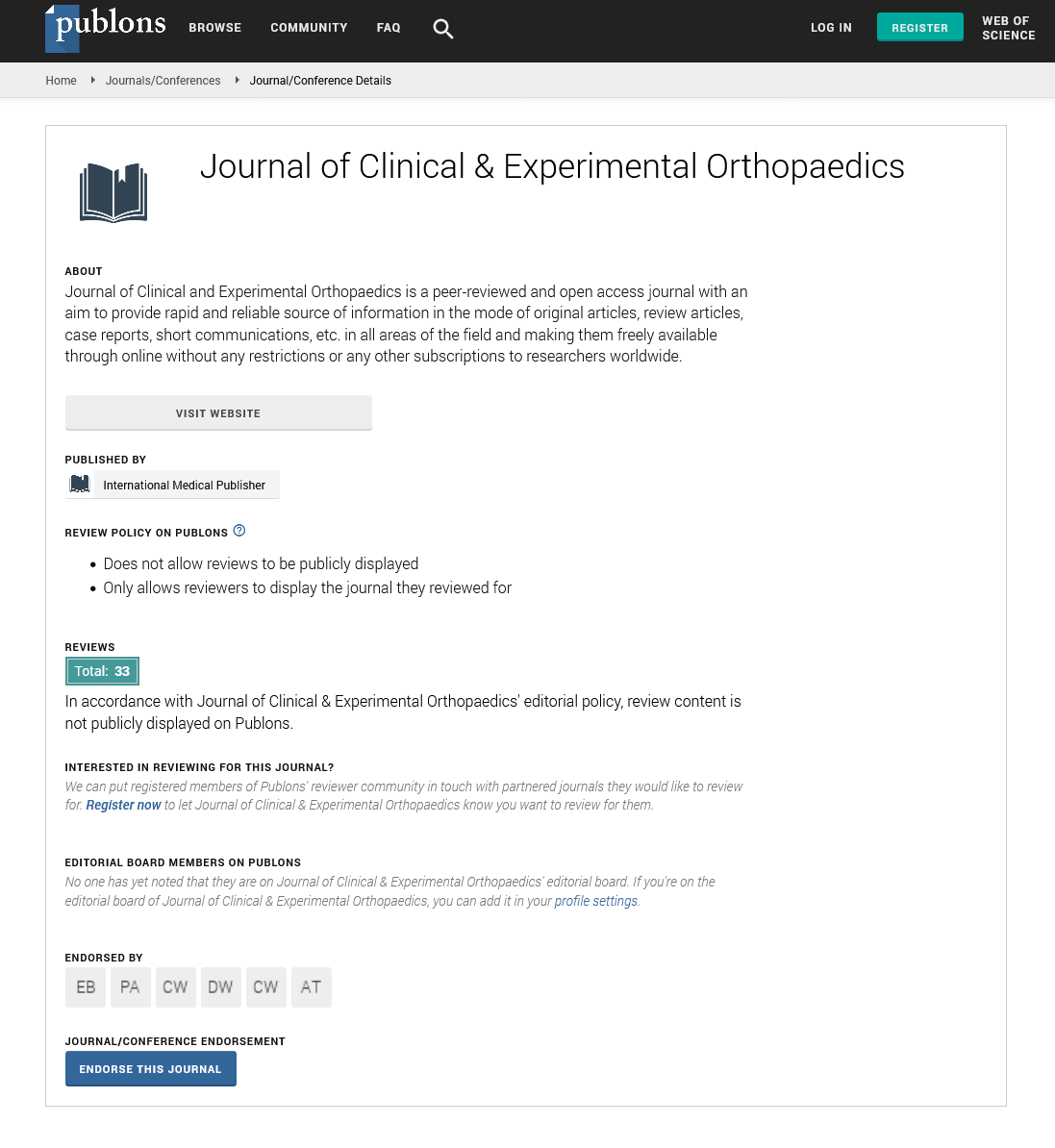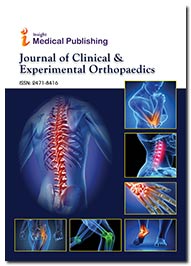Abstract
Shaping the future of stress science: The experience from Greece
Chronic noncommunicable diseases (CNCDs) have a major impact on both the individual and the society. Cardiovascular disease followed by cancer, chronic respiratory disease and diabetes type 2, are the four main causes of morbidity and mortality in the modern world, and negative life style choices, such as an unhealthy diet, a sedentary life, and the abuse of tobacco and alcohol are key risk factors for all the aforementioned diseases. Interestingly, only recent has biomedical research highlighted the catalytic role of stress in the CNCDs epidemic. Of course, people under stress, are less likely to comply with interventions aiming at a healthier life style while stress itself can be a triggering, permissive, and/or causal factor for most chronic diseases. Also, quite often adopting an unhealthy life style is a nonadaptational way to cope with stress. The psychoneuroendocrinology of stress is a fascinating, rapidly developing scientific field. The pertinent research has already yielded apt evidence of several neurohormonal mechanisms implicated in the pathogenesis of CNCDs. Furthermore, brain imaging studies have disclosed the fundamental role of stressrelated brain areas in lifestyle decision making and psychiatric or somatic diseases. For the past 8 years, we have been running a postgraduate course entitled “The science of Stress and Health Promotion”. For the first time, a medical school program offers the opportunity to its students and the public to fully understand the concept of stress, in terms of neurophysiology and endocrinology, as well as the mechanisms and pathways through which stress impacts on health and disease. Students learn how to clinically assess and measure stress and to design and implement an effective stress management program in different populations and settings. Our research has shown that an effective stress management program entails fundamental aspects of daily living, such as diet, exercise, regularity of sleep and eating and several stress coping techniques. The program in over 40 published studies has shown the effectiveness of such an approach in reducing stress in children and adults and in people suffering from various diseases, such as depression, asthma, diabetes, breast cancer, multiple sclerosis, dementia, and obesity/metabolic syndrome, as well as in people with sleep quality problems, tobacco addiction, gambling, etc. We have recently implemented a holistic stress management intervention for essential hypertension. In this prospective two-armed study we found beneficial effects of stress management both for blood pressure control and lifestyle modifications. While scientists continue to advocate for increased funding, they must also create a scientific enterprise that is sustainable with the current resources. A sustainable long-term investment in science, including the young people who carry it out, is essential to the long-term economic and social interests of the US. In the experience of the organizers, the current hyper-competitive environment stunts scientific curiosity and productivity, breeds fabrication and carelessness in the publication of data, and leads to a waste of valuable resources and intellectual capital. In all of our discussions of these problems, we have kept two goals in mind: to maximize the potential for wide-ranging and fundamental scientific discovery; and to minimize the loss of talented young researchers who can contribute greatly to science. t we need to become more aware of the issues facing the research enterprise, comprised of academia, industry, publishing, and government. To accomplish this, the initial sessions of the symposium consisted of a series of talks and panel discussions from leaders who have been outspoken about the challenges that science faces
Author(s):
Christina Darviri
Abstract | PDF
Share this

Google scholar citation report
Citations : 161
Journal of Clinical & Experimental Orthopaedics received 161 citations as per google scholar report
Journal of Clinical & Experimental Orthopaedics peer review process verified at publons
Abstracted/Indexed in
- Google Scholar
- China National Knowledge Infrastructure (CNKI)
- Directory of Research Journal Indexing (DRJI)
- WorldCat
- Publons
- Geneva Foundation for Medical Education and Research
- Secret Search Engine Labs
Open Access Journals
- Aquaculture & Veterinary Science
- Chemistry & Chemical Sciences
- Clinical Sciences
- Engineering
- General Science
- Genetics & Molecular Biology
- Health Care & Nursing
- Immunology & Microbiology
- Materials Science
- Mathematics & Physics
- Medical Sciences
- Neurology & Psychiatry
- Oncology & Cancer Science
- Pharmaceutical Sciences


